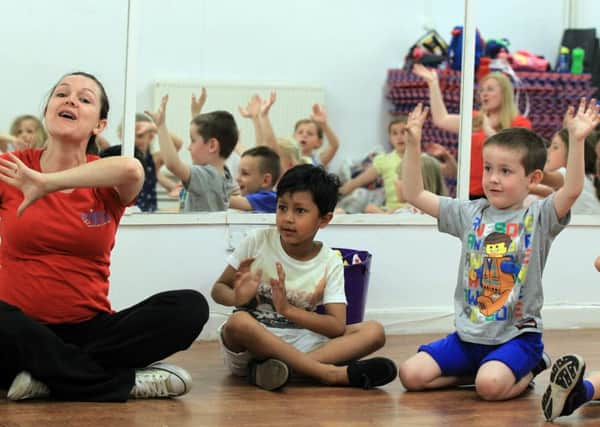Seeing stories on stage can help children to understand their own lives.


In September the first three pilots of the Cultural Citizens Programme – which aims to increase access to the arts – will be launched in Birmingham, Blackpool, Liverpool, and Barking and Dagenham in East London. Around 600 school-age children from disadvantaged communities will get the opportunity to visit museums, galleries and theatres.
Theatres confirmed as partners in the scheme include Liverpool Everyman and Birmingham Repetory Theatre and further support will be coming from arts charities and cultural organisations such as Historic England.
Advertisement
Hide AdAdvertisement
Hide AdCould this be the beginning of a much-needed reassessment? A long-awaited recognition of the value – educational, psychological and spiritual – of the arts and culture? Theatre in particular has a unique power to capture the imagination of the young and transform their lives for the better. Seeing stories played out on stage can help children to understand both their own lives and – equally importantly – enable them to empathise with the experiences of others.
I was lucky enough to grow up in an era when Theatre in Education visits to both primary and secondary schools were commonplace. I can still remember one of my first experiences of watching a TIE group performing. I was probably around eight years old and it left such an impression that even now I can recall the feeling of anticipation and then the thrill of watching the story unfold. The way in which the performers transformed a draughty 1970s school hall (where we were all sitting cross-legged on the floor) into a whole world where anything could happen felt magical.
The local TIE group also ran (free) drama workshops on a Saturday morning which allowed children from all sorts of backgrounds to work together using their imagination and creativity to make their own stories. It opened up our minds and was for me the beginning of a life-long love of theatre.
When I was at secondary school, there were regular trips to watch productions at local (and not so local) theatres. By the time my own children were going through school in the 2000s and 2010s these trips were diminishing and are now few and far between. Let’s hope this is the start of a cultural turnaround.
By Yvette Huddleston